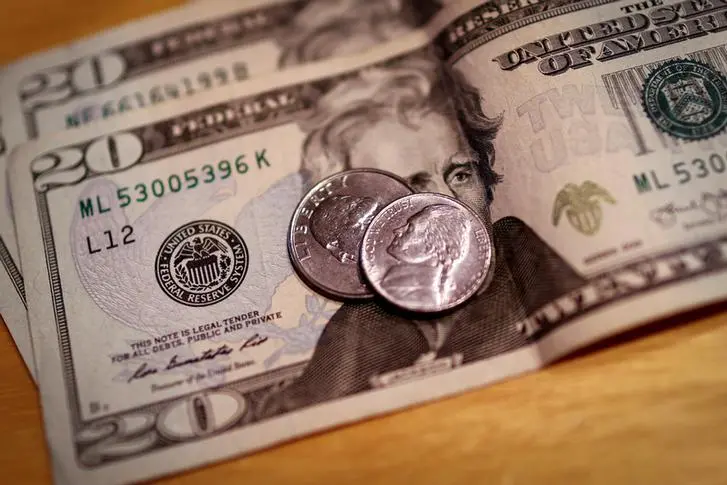PHOTO
SINGAPORE: The U.S. dollar dropped and higher risk currencies including the Australian dollar jumped on Monday as investors weighed improving economic data against the prospect of new business shutdowns as the coronavirus spread further.
The World Health Organization (WHO) reported a record increase in global novel coronavirus cases on Sunday. The biggest rise in cases was in North America and South America.
On Friday, Apple Inc AAPL.O said it was temporarily shutting some stores again in Florida, Arizona, South Carolina, and North Carolina in the United States due to fresh outbreaks.
“Concerns of a second wave of infections weighed on markets during the Asian sessions but seem to have faded,” said Win Thin, global head of currency strategy at Brown Brothers Harriman.
Strong economic data has raised hopes the economy will bounce back quickly from business shutdowns.
Francesco Pesole, FX strategist at ING, said financial markets were watching the extent to which new cases led to tighter lockdown measures.
"If markets start to make the connection that more cases will automatically imply new lockdowns then obviously it will get much more sensitive to any new peak in terms of second wave," Pesole said.
The dollar dipped 0.48% against a basket of currencies =USD to 97.214.
The euro gained 0.55% versus the dollar to 1.1237, rising off recent two-and-a-half-week lows.
On Friday, EU leaders agreed urgent action was needed to haul their economies from the deepest recession since World War Two, but made no progress on a massive stimulus plan that has divided them for weeks.
Riskier currencies outperformed with the Australian dollar up 0.86% at $0.6891 against the greenback.
Reserve Bank of Australia (RBA) Governor Philip Lowe said the currency's recent rise was not a problem and the impact of the pandemic would not be as bad as feared.
A broad gauge of dollar positioning on Friday showed speculators increased their short bets against the greenback to the most since May 2018, at $16.27 billion.
(Additional eporting by Elizabeth Howcroft in London; Editing by David Gregorio) ((Karen.brettell@tr.com))





















